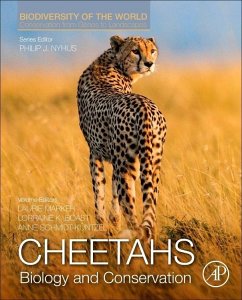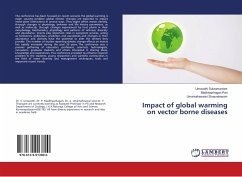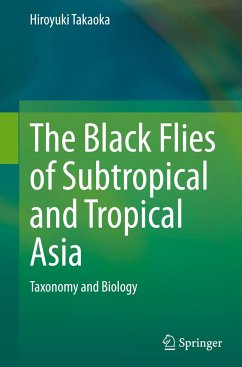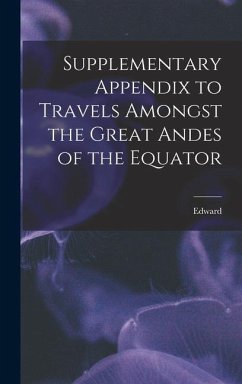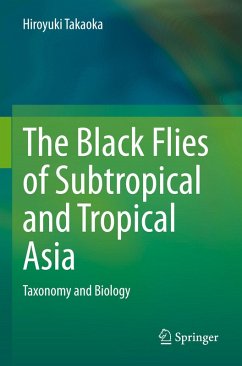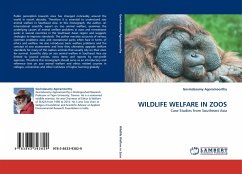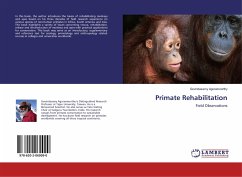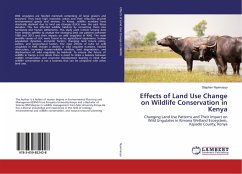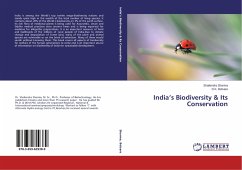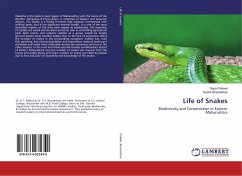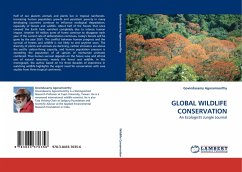
GLOBAL WILDLIFE CONSERVATION
An Ecologist's Jungle Journal
Versandkostenfrei!
Versandfertig in 6-10 Tagen
52,99 €
inkl. MwSt.

PAYBACK Punkte
26 °P sammeln!
Half of our planet's animals and plants live in tropical rainforests. Increasing human population growth and persistent poverty in many developing countries continue to influence ecological degradation, especially of forests and wildlife. About half of the forests that once covered the Earth have vanished completely due to intense human impact. Another 40 million acres of forest continue to disappear each year. If the current rate of deforestation continues, today's forests will be gone by the year 2081. The conflict between human progress and the survival of forests and wildlife is not likely...
Half of our planet's animals and plants live in tropical rainforests. Increasing human population growth and persistent poverty in many developing countries continue to influence ecological degradation, especially of forests and wildlife. About half of the forests that once covered the Earth have vanished completely due to intense human impact. Another 40 million acres of forest continue to disappear each year. If the current rate of deforestation continues, today's forests will be gone by the year 2081. The conflict between human progress and the survival of forests and wildlife is not likely to end anytime soon. The diversity of plants and animals are declining, carbon emissions are above the earth's carbon-fixing capacity, and human population pressure is exceeding the population of all species of nonhuman primates combined. Thus human survival depends on the future wise and ethical use of natural resources, mainly the forest and wildlife. In this monograph, the author based on his three decades of experience in watching wildlife highlights the urgent need for conservation with case studies from three tropical continents.



